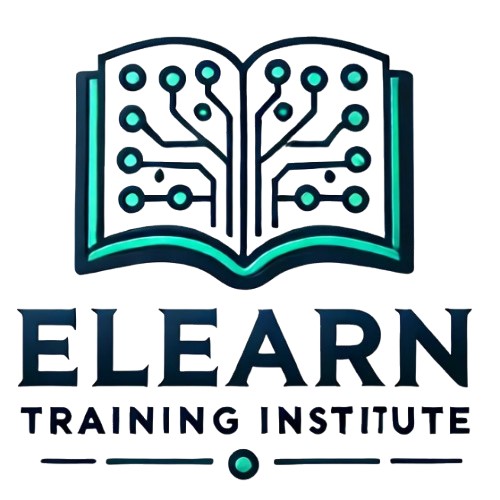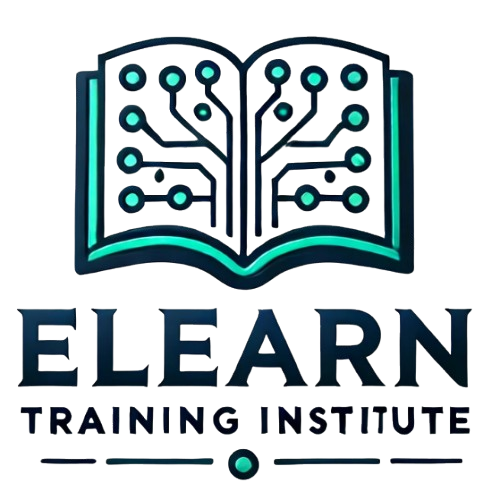Edit Content
Discover One of the Best Training Institution
Unleash your potential and advance your career with comprehensive, industry-focused training at one of the best institutions. Whether you're looking to gain new skills, achieve certification, or pursue professional growth, our programs are designed to provide practical knowledge, hands-on experience, and expert guidance tailored to your success.

